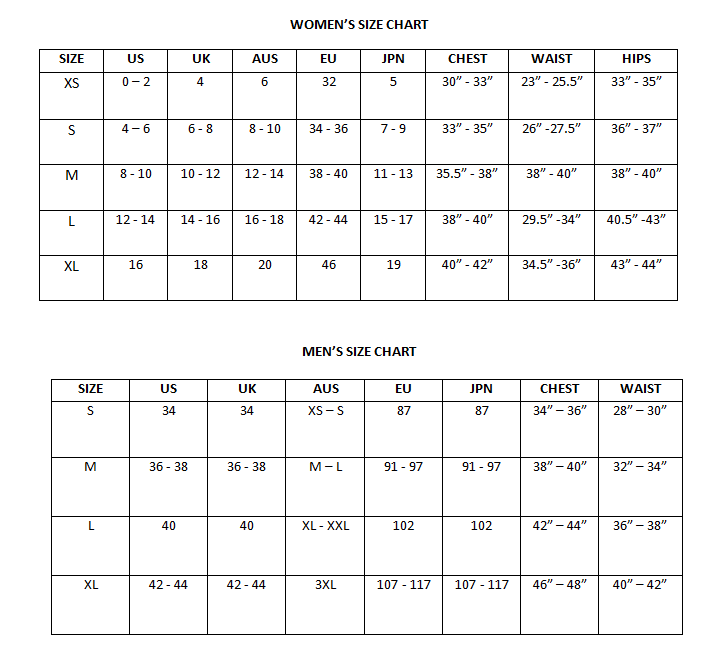Taxus Baccata Seeds (English Yew Seeds)
Taxus Baccata Seeds (English Yew Seeds)
The fruits, with their bright arils, the fleshy covering over the seeds, look at first like small acorns, but they ripen into bright red berries. It is the seeds inside the fruit that is poisonous.

Delivery
All orders shipped with UPS Express.
Always free shipping for orders over US $250.
All orders are shipped with a UPS tracking number.
Returns
Items returned within 14 days of their original shipment date in same as new condition will be eligible for a full refund or store credit.
Refunds will be charged back to the original form of payment used for purchase.
Customer is responsible for shipping charges when making returns and shipping/handling fees of original purchase is non-refundable.
All sale items are final purchases.
Help
Give us a shout if you have any other questions and/or concerns.
Email: contact@domain.com
Phone: +1 (23) 456 789
Availability: In stock
SKU
Taxus Baccata
Taxus baccata Seeds – Grow the Ancient Yew Tree
Taxus baccata, commonly known as the English Yew, is a slow-growing, evergreen conifer that has been a symbol of longevity and resilience for centuries. Native to Europe, North Africa, and western Asia, this species is known for its rich green needles, red berry-like arils, and striking, gnarled trunks.
A Timeless Addition to Your Landscape
Yews are highly adaptable and can thrive in a variety of conditions, from shady woodland areas to sunny garden corners. They are perfect for creating hedges, topiaries, or specimen trees. Taxus baccata is also known for its resistance to disease and pests, making it a reliable and low-maintenance choice for gardeners.
How to Germinate Taxus baccata Seeds
Taxus baccata seeds require a period of cold stratification before they can germinate. Place the seeds in a moist, cool environment (around 4°C or 40°F) for several weeks to break dormancy. After stratification, sow the seeds in well-draining soil and keep them moist. Patience is key, as Yews grow slowly but steadily.
| Label | Taxus baccata |
|---|---|
| Common name | English Yew |
| Genus | Taxus |
| Species | Taxus baccata |
| Germination | For faster germination, soak the seeds in slightly hot water for 24-48 hours, followed by 3 months of cold stratification before sowing at 3/4" deep in your soil mixture. Any planting out is best done in late Spring or early Summer, after the last expected frosts. Keep damp soil, not soaking wet. Keep pot in warm situation 68-75øF. Germination can take several months. It can be a lot more depending on their degree of unbroken dormancy, don't give up. |
| Scarification / Stratification | This will break their dormancy. It creates a cold and moist environment for the seeds. Mixed in seeds with slightly moistened vermiculite or peat, only damp in a ziplock bag. Close zip bag shut and store it in the salad crisper compartment of your refrigerator. If any seeds begin to sprout during the cold stratification, simply remove the seed and plant. |
| Price View | Price Range |

